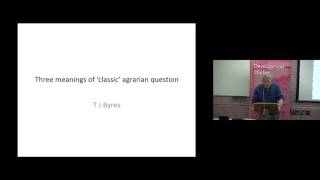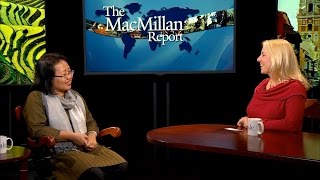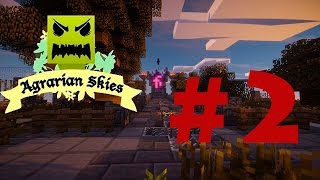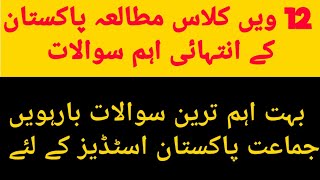Friday, 16 January, 2026г.
















Где искать: по сайтам Запорожской области, статьи, видео ролики
пример: покупка автомобиля в Запорожье
Agrarian Questions Then And Now, SOAS University of London
This Development studies Seminar titled “Agrarian Questions Then And Now” was given by Professor Barbara Harriss-White, Professor Terry Byres, Professor Henry Bernstein, Professor Jan Douwe van der Ploeg, Chaired by Dr Jens Lerche at SOAS University of London on 6 December 2016
You can find out more about this event at https://goo.gl/jEUHHI
Find out more about Development Studies at SOAS at https://www.soas.ac.uk/development/
The field of critical agrarian studies has undergone an exciting re-invigoration over the last four decades, addressing new and emerging questions arising from the onset of globalisation and its impacts on agriculture. Researchers have both revisited 'old' agrarian questions from early Marxist debates to try and address the profound changes affecting agrarian livelihoods today, and they have forged entirely new ways of thinking about agrarian capitalism and livelihoods in rural areas. This panel brings together four of the leading thinkers across the fields of critical agrarian studies, and rural sociology in order to think about how questions both 'old' and 'new' have moved agrarian studies along, and where the challenges and opportunities lie for future researchers. The panel aims to showcase the many different perspectives on agrarian change which exist within critical research, and also to address what it means to study agrarian change for researchers today. Ultimately, panel lists aim to highlight why agrarian change still matters, and they draw upon their rich and extensive experiences in the field to showcase the heterogeneity within this important field of research.
Barbara Harris-White is Professor Emeritus of Development Studies, Emeritus Fellow of Wolfson College, Oxford, and a Professorial Research Associate at SOAS. Barbara’s work is focused on India,and in particular on political economy; agriculture, energy and food; aspects of deprivation; India’s informal capitalism; rural and local development; and low carbon transition. A central focus throughout her research has been on understanding real agricultural commodity markets in rural India through apolitical economy lens, and her field work has focussed in particular on Southern and Western India.She has written, edited or co-edited over 35 books and major reports in addition to publishing over numerous scholarly papers and chapters.
Terry Byers is Emeritus Professor of Political Economy at the Department of Economics at SOAS.Terry's research has reinvigorated the field of critical agrarian studies through rich, historical investigations into agrarian capitalism around the world. He has also written extensively on India's agrarian political economy and agrarian transition, with notable critiques on the politics of land reform.Terry is an author of numerous influential books and articles, and a founding editor of both the Journalof Peasant Studies and the Journal of Agrarian Change whilst at SOAS.
Henry Bernstein is Emeritus Professor of Development Studies at SOAS. Henry's ground breaking research has focussed on reintroducing the centrality of class relations to our understanding of agrarian change, focusing in particular on the demise of the peasantry and rise of petty commodity production in Southern agriculture. Henry was also co-editor with Terry Byres of the Journal of Peasant Studies from 1985-2000, and then became the founding editor, again with Byres, of the Journal of Agrarian Change in 2001.
Jan Douwe van der Ploeg is Professor of Transition Processes in Europe at Wageningen University,and Adjunct Professor of Rural Sociology at the College of Humanities and Development Studies at China Agricultural University. His seminal research in the field of rural sociology has focused on the complex inter linkages of rural societies in the South today. Along with Normal Long, He has made particularly notable contributions to the field with his theoretical focus on 'actor-oriented approach'. Jan Douwe has authored or co-authored a wide range of books and papers on rural development, sustainable agriculture, rural transition and peasant agriculture. He also coordinated, on behalf of the European Commission, several large, comparative research programs about European farmers.
Похожие видео
Мой аккаунт


 У вашего броузера проблема в совместимости с HTML5
У вашего броузера проблема в совместимости с HTML5


![Minecraft: Agrarian Skies [EP-64] - Ферма эндер жемчуга и хлопка](/images/mq/a/76/0i2uZXGcbLOKy2.jpg)